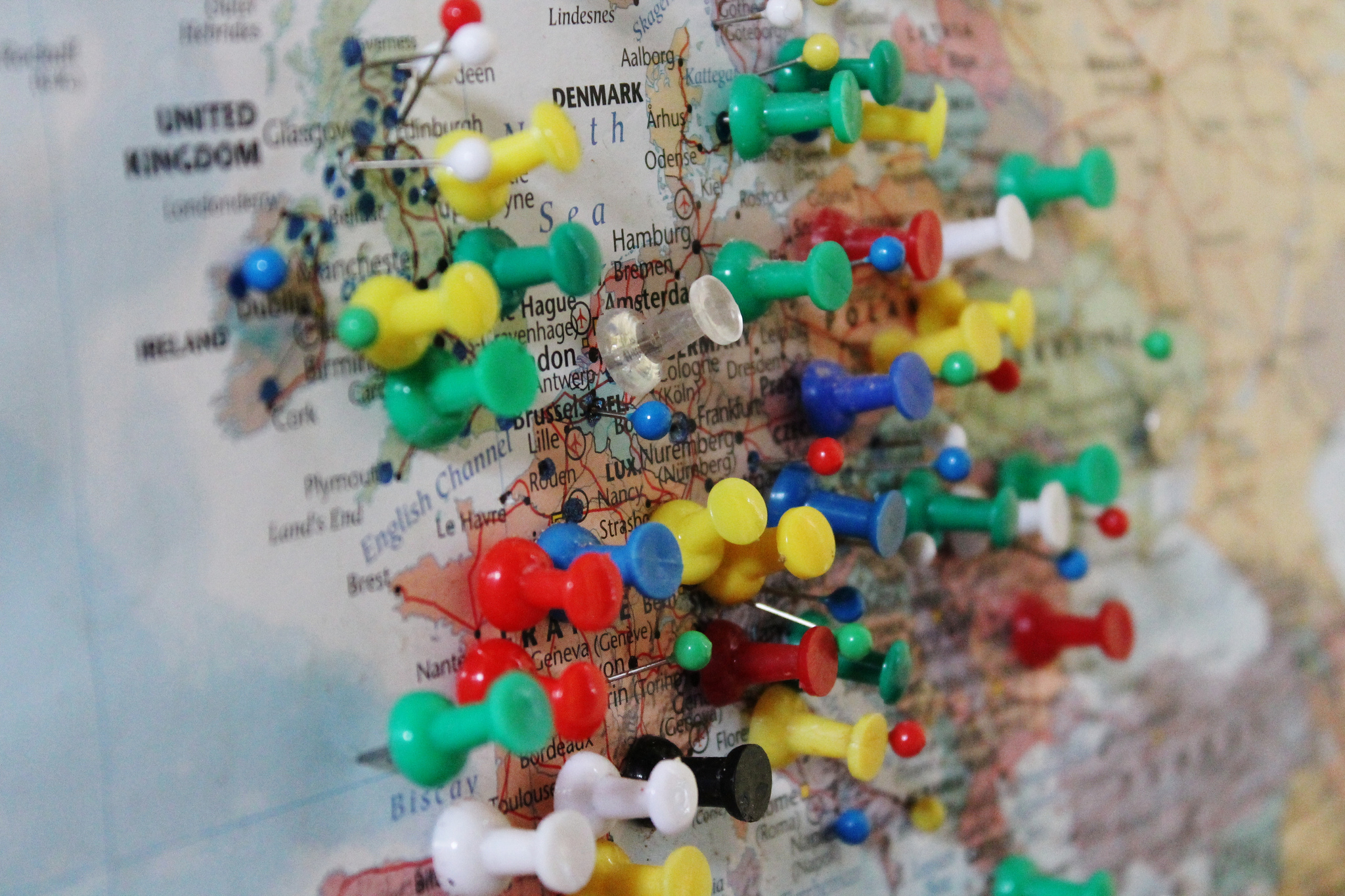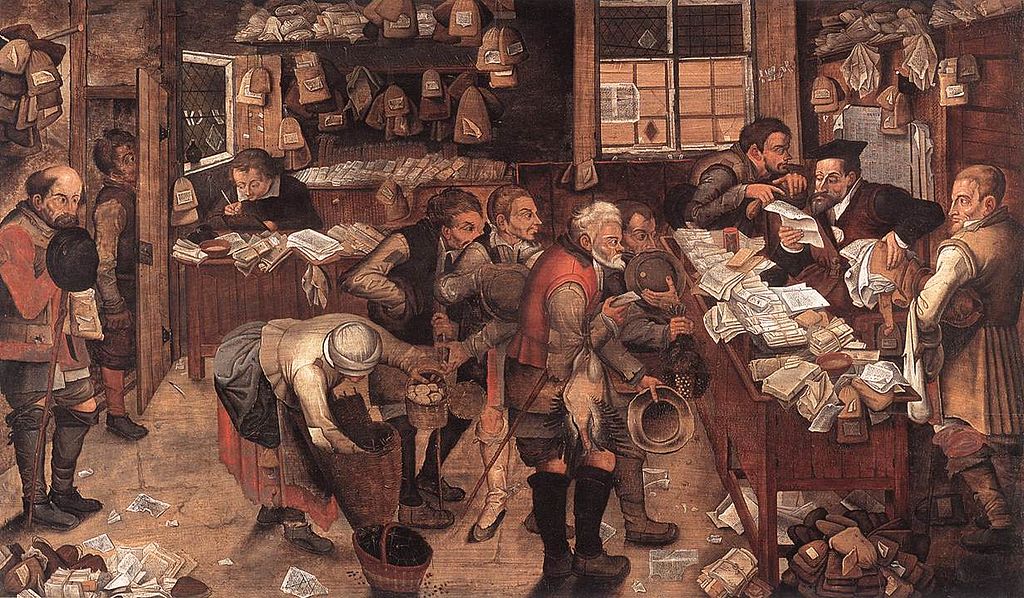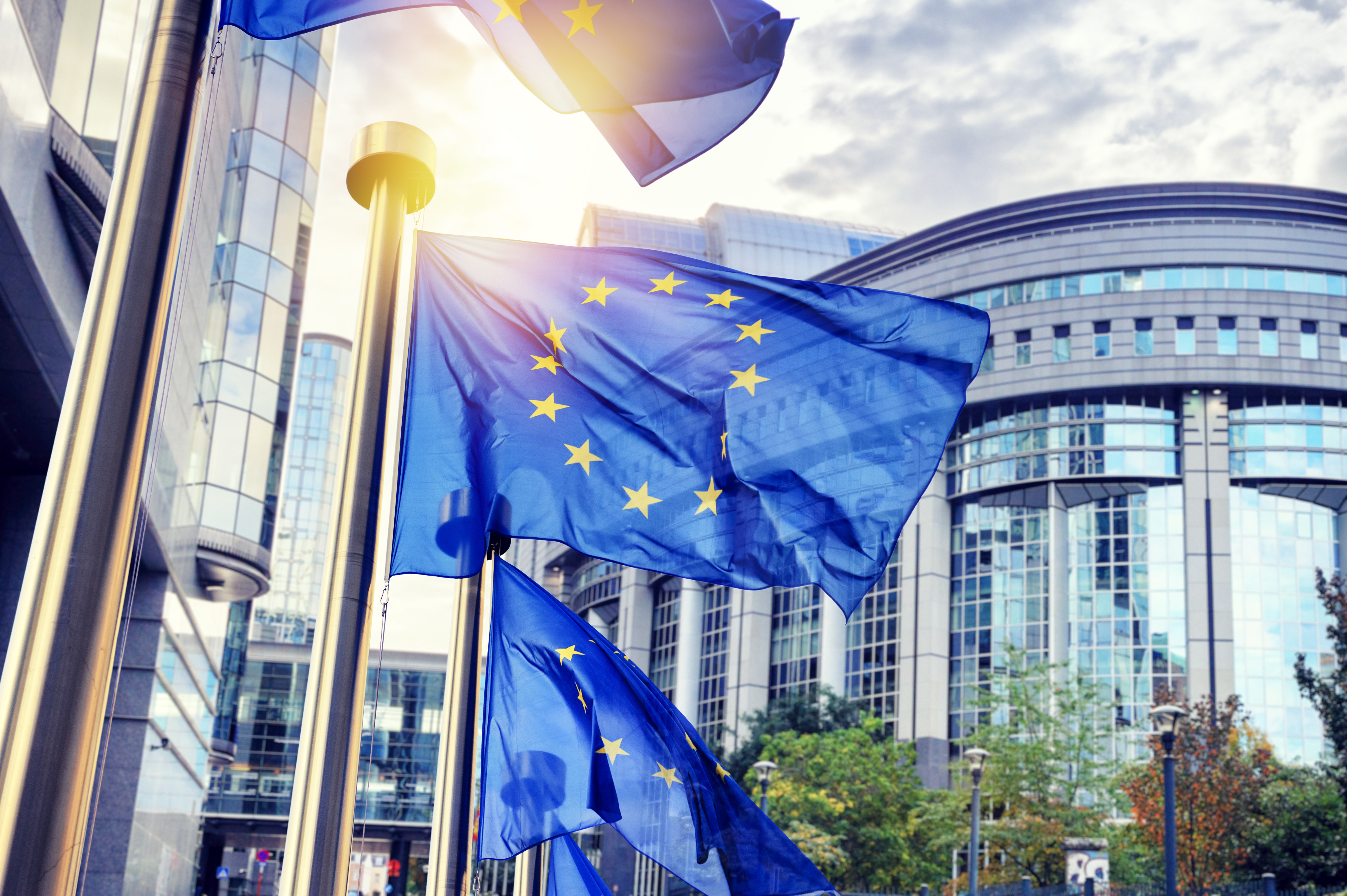Latest blog articles
-
What does sovereignty mean in today’s world, given trends of globalisation, Europeanisation and also polarisation?
-
Dowsing is the ability to detect the source of things. Dowsing for a source of legal ideas must start at an early stage in academic life, when students write their first legal papers. This ability is mastered if students and tutors interact in the process of developing academic legal research skills...
-
The European Union (EU) faces challenges after the results of the United Kingdom (UK) European Union membership referendum that was held on June 23, 2016. Yet, Brexit is not the first challenge faced by the EU. Three points invite for reflection on Brexit and the future of the EU.
-
Every endeavour is achieved as the result of teamwork, and librarians are fundamental members in our team when researching in law. Librarians provide able hands and without them effective research would be an almost impossible mission, especially in the Internet era. Above all, librarians hold the...
-
The wishes of the Spanish government and those of the Catalan people are diametrically opposed: 90% of voters in the referendum were for independence - but keep in mind also that only about half of the Catalan people voted.
-
Comparative legal historians do not undertake pure legal history or pure comparative law. The product of their research experience is more than the mere addition of the two building blocks.
-
When should the State intervene on ownership to guarantee the protection of the environment? When is social responsibility triggered when dealing with ownership? There is a need to predict the impact that the Ecological Function paradigm will have.
-
Do the people still have power? Some might feel forgotten and turn to populism promising to give the country back to them. But popular sovereignty is not dead.
-
Following the conclusion (ratification) of the United Nations Convention on the Rights of Persons with Disabilities (CRPD), the EU is bound by the Convention to the extent of its competences, including in the field of non-discrimination.
-
The day after the “Brexit”-referendum, with a majority of 51.9% voting to leave the European Union, some speak of the success of democracy (“the people have spoken”). Already, there are calls for referenda in other countries to let the people speak there, too. This suggests that independently of our...









